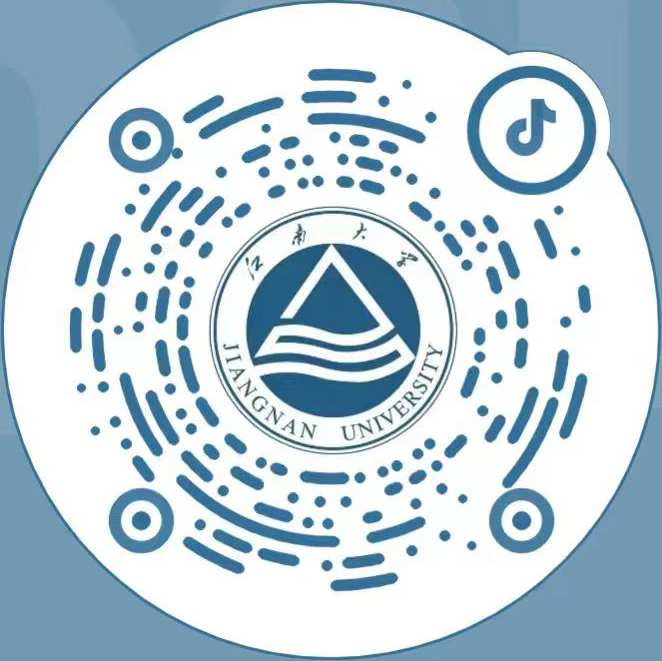讲座题目:
1. Swedish electricity and hydrogen market: an outlook
2. 国际合作重点项目推进与组织模式
主讲嘉宾:
1. 唐讴
2. 李武
时 间:2023年7月7日(星期五)下午14:00—16:30
地 点:商学院118利安达厅
欢迎感兴趣的师生参加聆听!
江南大学商学院
2023年7月5日
主讲嘉宾简介
1. 唐讴,瑞典Linköping University 产业经济教授。 目前担任国际产业经济期刊(IJPE)的欧洲区主编,担任国际库存协会(ISIR)的主席 (2016年8月卸任)。唐教授从事有关供应链与运营决策问题的研究二十余年,主要的研究兴趣集中在供应链与运营管理, 包括基础生产库存模型,生产管理系统, 闭环供应链与再制造的研究, 可持续性及供应链关系, 供应链风险, 及中国特色的运营管理研究。十余年来,发表SCI 收录论文80余篇,部分重要成果发表在本领域的顶级期刊POMS、EJOR, IJPE,COR, Omega, Interfaces 等杂志上。
唐讴擅长综合利用市场、运营、金融等多种建模方法,结合工业企业的问题为背景进行研究分析, 得出的结果反馈企业,以求验证。由于长期与企业合作,对工业界的问题比较敏感,对未来可能的出现的问题有很强的分析和预判能力。唐教授作为主要研究负责人,与众多企业有合作研究,例如 Volvo, Scania, Toyota, Siemens, Hewlett-Packard, General Electric, Ericsson, Electrolux, IKEA,Sapa, SSAB, Stora Enso, Alfa lava, Atlas Copco, SKF, 等等。
2.李武(Kevin W. Li)博士,加拿大温莎大学Odette商学院管理科学教授。主要研究方向包括供应链管理、决策理论与方法以及冲突分析等。研究获得三项加拿大自然科学与工程研究基金会发现基金项目的支持,同时也多次得到国家教育部春晖计划短期项目支持以及日本学术振兴会(JSPS)外籍聘用研究员(Invitational Fellowship)项目的支持于2011年和2015年到东京工业大学进行访问研究。自2001年以来,在国际期刊如European Journal of Operational Research, IEEE Transactions on Fuzzy Systems, IEEE Transactions on Systems, Man, and Cybernetics: Part A, Information Sciences, International Journal of Production Economics, International Journal of Production Research, Transportation Research: Part E, Water Resources Research等发表67篇学术论文,李武教授的研究工作得到国内外同行的广泛引用(SCI/SSCI累计引用2567次,h指数30),五篇论文先后列为ESI高被引论文,在相关领域产生了一定影响,现任《Group Decision and Negotiation》及多个国际期刊的Associate Editor或编委。
讲座主要内容
The European Union expects that hydrogen will play a vital role in future energy systems. Since the anticipated new applications of hydrogen in fuel cell vehicles and steel production, economic feasibility of producing hydrogen needs to be studied for the infrastructure investments. Clean hydrogen can be produced where there is a surplus supply of electricity at low prices, or by using renewables such as solar and wind energy. This presentation therefore provides two hydrogen production cases, respectively a Swedish nuclear power plant, and a hydrogen refuelling station. The study reveals that hydrogen production brings alternative opportunities for large-scale electricity production facilities in Sweden. Factors such as hydrogen price will be influential and require in-depth investigation. In addition, in a decentralized production such as refuelling stations, wind speed is crucial in reducing the cost, whereas solar radiation has less influence. In addition, a combination of solar and wind brings better performance in an off-grid scenario. The most encouraging finding is the cost of 35–72 SEK/kg (3.5–7.2 €/kg), which is competitive with reported costs in other EU countries, especially since this cost excludes any government support scheme. The study provides a reference for investors and policy makers foreseeing the industrial landscape for hydrogen energy development.

















